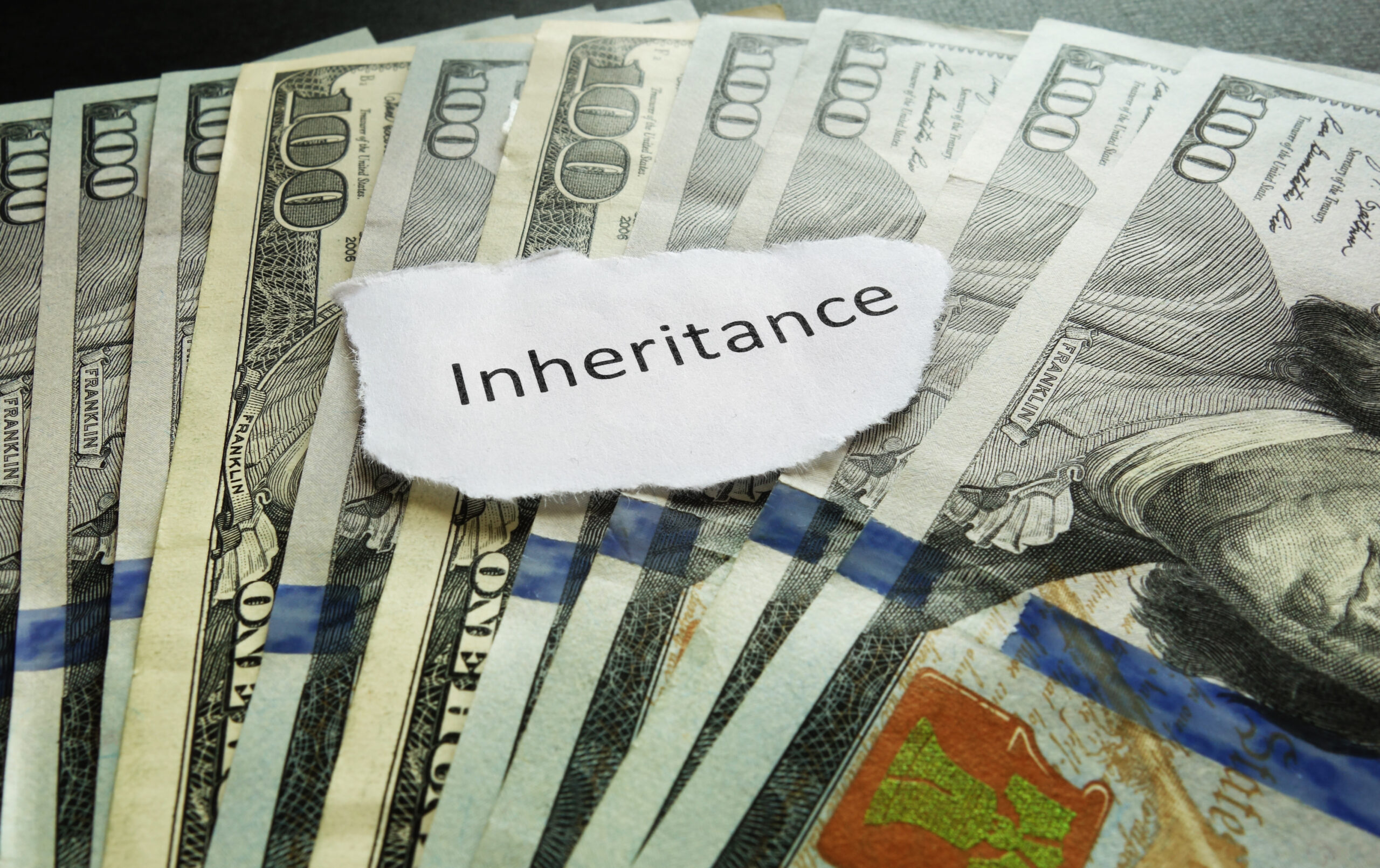For many, the idea of receiving a large inheritance brings feelings of excitement and relief. Suddenly, years of financial worries may seemingly vanish. However, without a clear plan, your windfall can disappear as quickly as it arrived. In fact, according to the National Endowment for Financial Education, one-third of people who receive an inheritance deplete it within a few years.
When handled with care, an inheritance can help you build long-term financial security, support family members and even create a lasting legacy. But if managed without foresight, it can introduce new risks, unexpected tax liabilities and missed opportunities for growth.
Don’t treat the inheritance as “found money”
An inheritance often feels different from money you’ve worked to earn. It can be tempting to view it as a financial bonus — an excuse to spend freely on travel, luxury purchases or major lifestyle upgrades.
Yet without considering your overall financial picture, those choices may compromise longer-term priorities, such as retirement readiness, debt reduction or college funding for your children. The key question to ask yourself isn’t “What can I buy with this money?” but “How can this inheritance help me meet my goals more effectively?”
Shifting your perspective from short-term thinking to a more sustainable plan that balances today’s enjoyment with tomorrow’s security is the key.
Factor the tax impact
An inheritance generally isn’t subject to income tax, but depending on the types of assets you inherit, they may have an impact on your tax situation going forward. For example, certain income-producing assets — such as real estate, an investment portfolio or a retirement plan — may substantially increase your taxable income or even push you into a higher tax bracket.
If you inherit an IRA or a qualified retirement plan account, such as a 401(k), be sure you understand the rules regarding the distributions of those funds.
Depending on the size of the inheritance, it may also have an impact on your estate plan. If it increases the value of your estate to a point where estate taxes become a concern, talk to your advisor about strategies for reducing those taxes and preserving as much wealth as possible for your heirs.
Build a long-term strategy
A solid financial plan can help ensure that inherited wealth supports both your current needs and future goals. A few action steps to focus on include:
Managing debt. Using part of an inheritance to eliminate high-interest debt can free up future income for savings and investment.
Creating an investment plan. How you invest inherited assets should align with your risk tolerance, time horizon and existing portfolio.
Planning for an (earlier) retirement. Receiving a windfall may allow you to retire earlier, contribute more to tax-advantaged accounts or increase your long-term income stream.
Making charitable gifts. If philanthropy is a priority, careful planning can help you maximize both the impact of your gifts and available tax benefits.
Building an emergency fund. Even with significant assets, maintaining liquidity for emergencies remains essential.
Without professional guidance, it can be easy to overlook how one decision in any of these areas affects the rest of your financial picture. Contact a financial advisor for help.
Reassess your insurance coverage
After receiving a large inheritance, you may need to adjust your insurance coverage. For example, if you inherit real estate or valuable personal property, you may need to increase your property and casualty coverage.
In addition, because greater wealth makes you a more attractive target for lawsuits, consider purchasing an umbrella liability policy or increasing the coverage of an existing policy. You may also wish to purchase additional life insurance.
Take the next steps
If you’ve received or expect to receive an inheritance, it’s important to pause before making any major financial moves. Taking the time to create a plan can transform a temporary windfall into lasting security. You’ll also want to address any inherited assets in your estate plan. Contact your estate planning advisor for more information.




